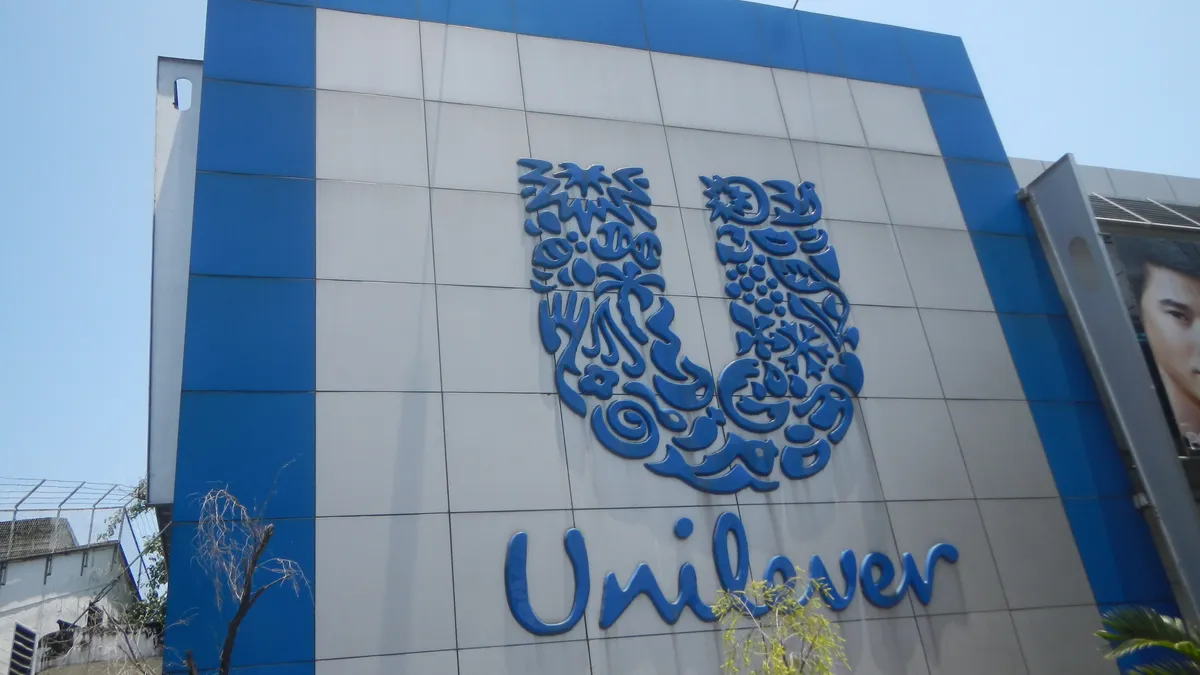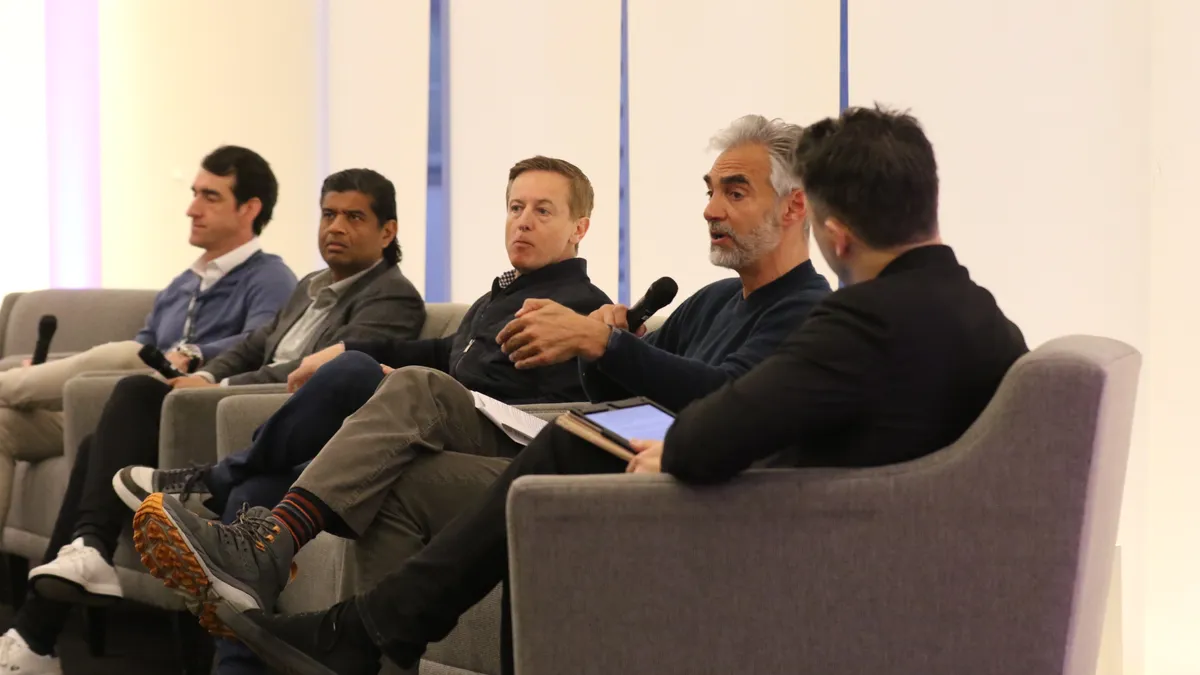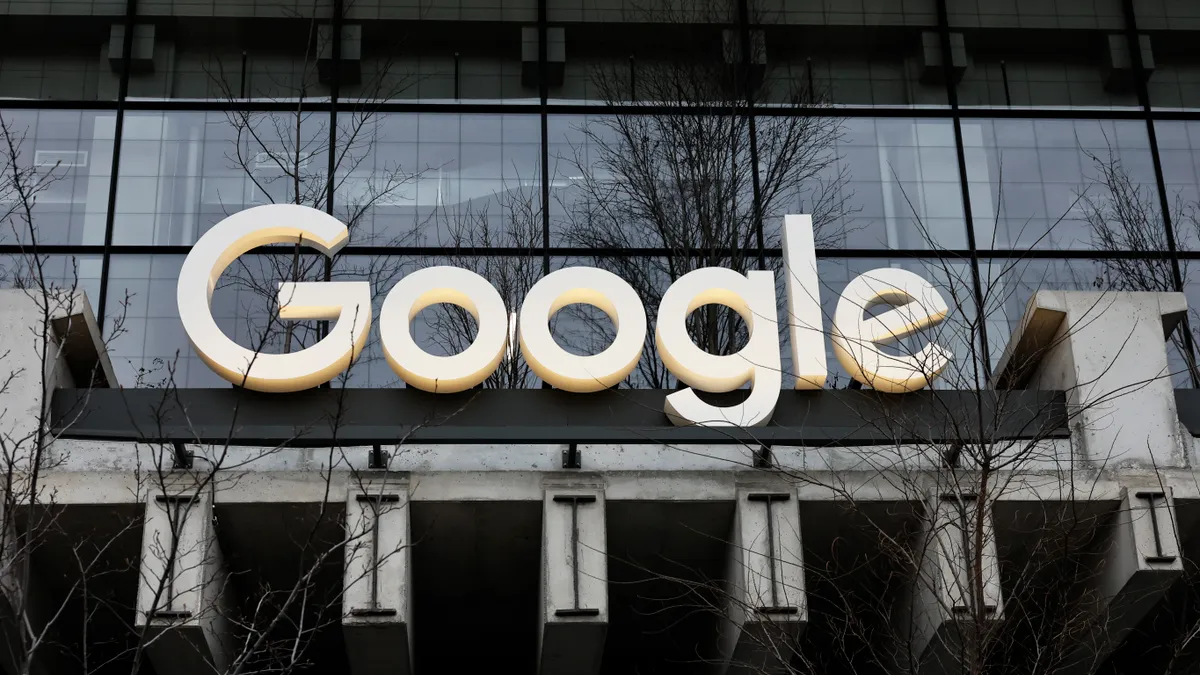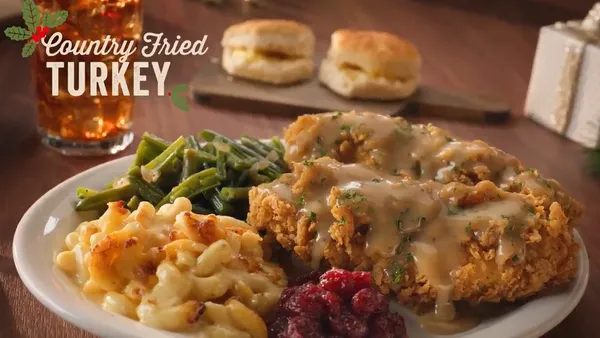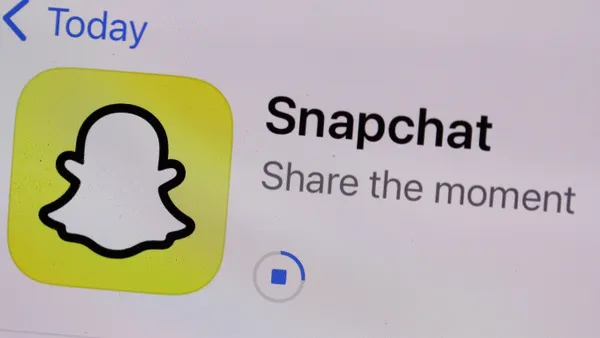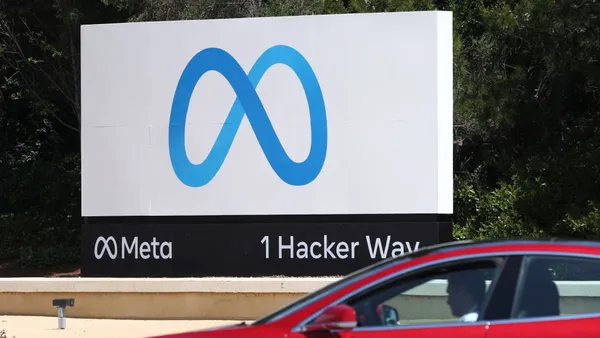Dive Brief:
- Unilever will lift a monthslong freeze on paid advertising on Twitter, Facebook and Facebook's Instagram platform starting in January, the company announced.
- The news follows through on a pledge put forth in June to pause paid social spending on those platforms in the U.S. through 2020. A pullback was enacted as part of Unilever's Responsibility Framework, an internal set of standards that looks to improve the health, safety and transparency of the digital ecosystem.
- Unilever said it was "encouraged" by platform commitments, including cracking down on harmful content and more closely aligning with the Global Alliance for Responsible Media (GARM), an industry group that also focuses on brand safety. But broader scrutiny of social media hasn't cooled, and Facebook, in particular, continues to grapple with steep reputational and regulatory challenges.
Dive Insight:
Unilever's lift on its freeze, completed on the original timeline set in June, reinforces that the company is more interested in working in tandem with the major digital platforms than it is in having an adversarial relationship that leverages external pressure to force change.
As a wide-spanning advertiser boycott of Facebook emerged over the summer, Unilever — one of the world's biggest marketers by media spend — put forth an ambitious plan to pause all paid advertising on Facebook, Twitter and Instagram in the U.S. The packed good giant's embargo stretched through 2020, well beyond the one-month freezes pledged by many other advertisers. But Unilever actually resisted attaching itself to organized boycotts like the #StopHateforProfit campaign that attracted dozens of brands. Aline Santos, one of Unilever's top marketers, told The Drum in July that its pause arriving with the broader boycott movement was a matter of coincidence.
"We are not part of the Facebook boycott, the relationship that we have with all the social media is very long term," Santos told the publication at the time.
The statement issued Thursday makes clear that Facebook, Instagram and Twitter have made progress on fronts Unilever considers important, including: arriving at a shared definition of 11 harmful content areas; more consistent reporting of content deemed harmful; more independent auditing; and greater controls for "managing advertiser adjacency" as defined by GARM benchmarks.
"Our long-term goal is to work with our partners and the industry to drive systemic change. We are encouraged by the commitments the platforms are making to build healthier environments for consumers, brands and society in alignment with the principles of the Global Alliance for Responsible Media," Luis Di Como, EVP of global media at Unilever, said in a statement. "We will continue to reassess our position as necessary."
GARM, a partnership between dozens of major marketers like Unilever and Procter & Gamble and the World Economic Forum, formed in January as part of a unified push to better combat harmful online content. For Unilever, participation in the group compliments an internal Responsibility Framework set up several years ago that looks to ensure that the company focuses its resources on responsible digital platforms, content and infrastructure.
Some may be skeptical of Unilever's decision, as scrutiny of platforms like Facebook has only intensified since the summer on both the public and regulatory fronts. The social networking giant is now subject to two separate antitrust lawsuits — one from the Federal Trade Commission, another from a group of more than 40 states — that accuse the company of being a social media monopoly. Issues motivating the #StopHateforProfit campaign, including Facebook's role in spreading hate speech and misinformation, continue to command the spotlight as well.
On the flip side, the Facebook boycotts created no tangible impact on its business, raising questions about their effectiveness. The tech company saw ad revenue jump 22% year-on-year to $21.47 billion in the third quarter, the period when the freezes were in full force.



